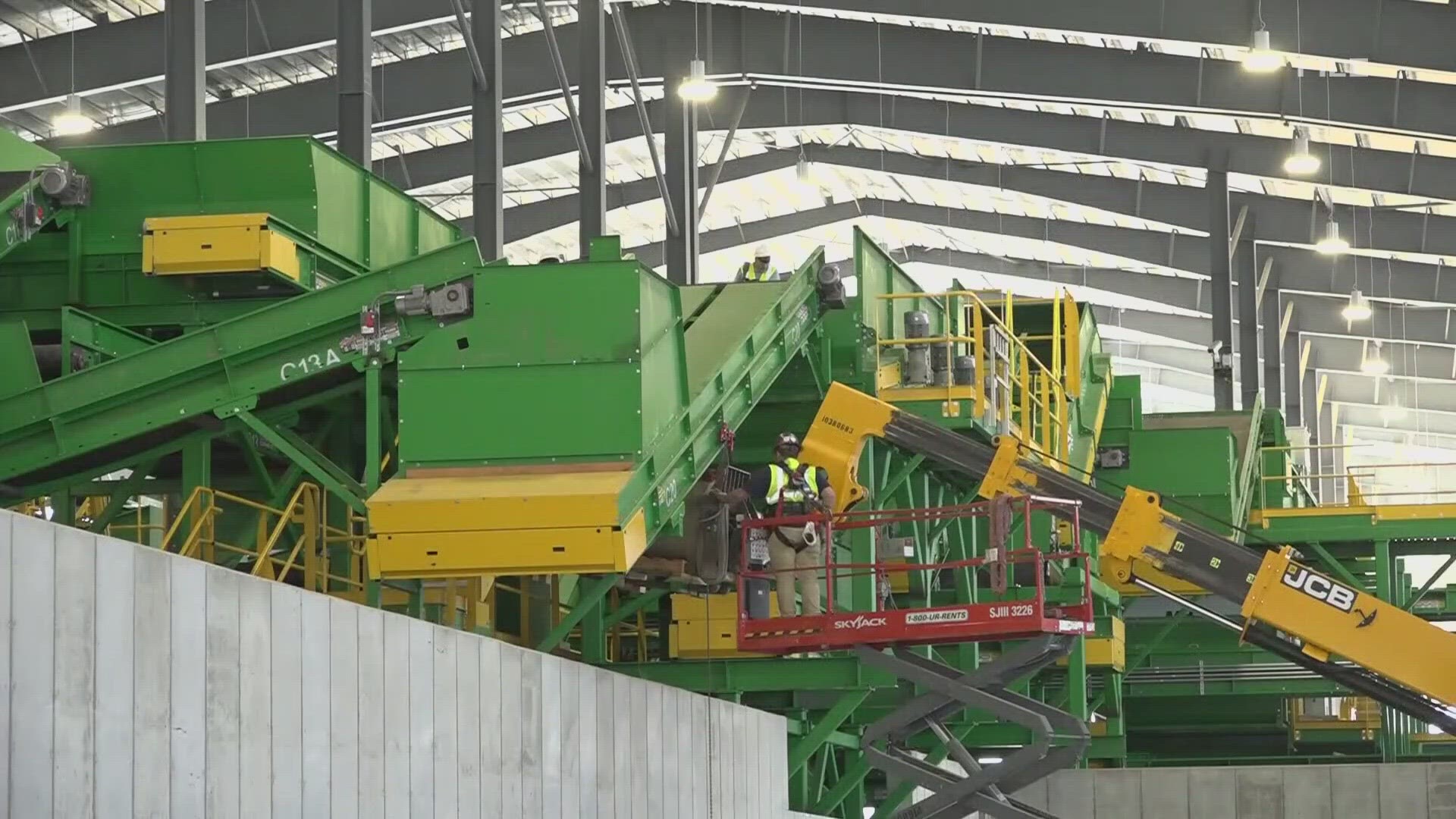HAMPDEN, Maine — The Hampden waste facility has been shut down for the past three years, but a new owner is hoping to get it back up and running.
The firm "Innovative Resource Recovery" purchased 90 percent ownership of the waste-to-energy facility from the Municipal Review Committee (MRC) for $3 million.
The MRC, which represents 115 towns across Maine, bought the plant last year and has been trying to get the plant back into commission ever since. After a couple of failed negotiations with potential partners in the past, the MRC and Innovative Resource Recovery closed on the sale on June 30, Innovative Resource Recovery's CEO, James Condela, said.
"Unfortunately, obviously, it didn't work as planned out of the gate. But I think it's a great looking, it's a great, well-built facility," Condela said. "We're taking the time and doing the proper amount of engineering and diligence to do this in more of a prudent manner."
The firm is planning to invest $35-$40 million into the facility over the next 18-24 months, Condella said. The firm is sponsored by the investment firm White Oak Global Advisors, which has about $10 billion of assets under management, Condela said.
MRC's Executive Director Mike Carroll said he's confident this new partnership is the best deal for Maine.
"The thing with the other buyers, we did work closely with other buyers, but they had to raise the capital where Innovative Resource Recovery has the capital, and that makes the big difference," Carroll said.
When asked if he feels as if this $80 million facility was a waste of money or in some aspects a failure, Carroll said, "not at all."
"For what they're getting out for diversion rates out of this facility, and the technology being used to make reuse products, it's much better than putting it in a hole in the ground," Caroll added.
The facility has advanced technology, which can sort the trash from recyclables, so residents don't need to sort it on their own. However, during the plant's closure, many towns have relied on landfills, which results in no recycling.
The Natural Resources Council of Maine's Sustainable Maine Director, Sarah Nichols, said, however, this waste-to-energy model isn't good for the environment, either.
"We need to focus a lot more on waste reduction and reuse and recycling, and this facility is basically all disposal," Nichols said. "This facility is encouraging towns to kind of do this, 'One bin, all in.' 'You no longer have to separate your trash from recycling from your food waste.' And that is the opposite way that we should be moving."
Nichols said there's more energy put into the recycled materials than a waste-to-energy facility will ever get out of it.

